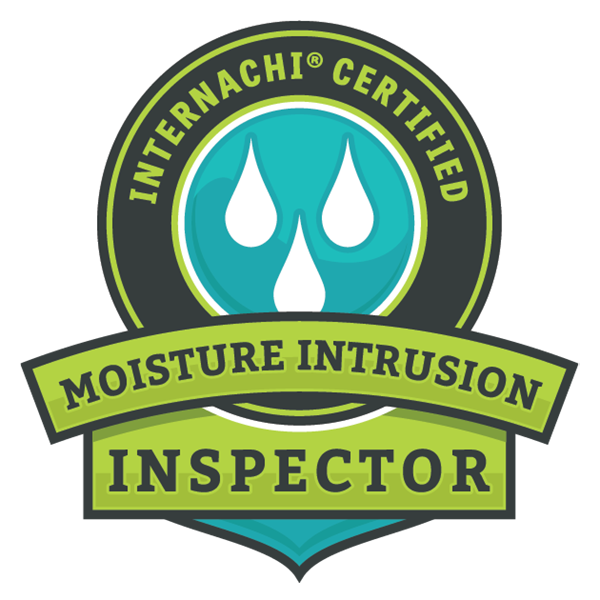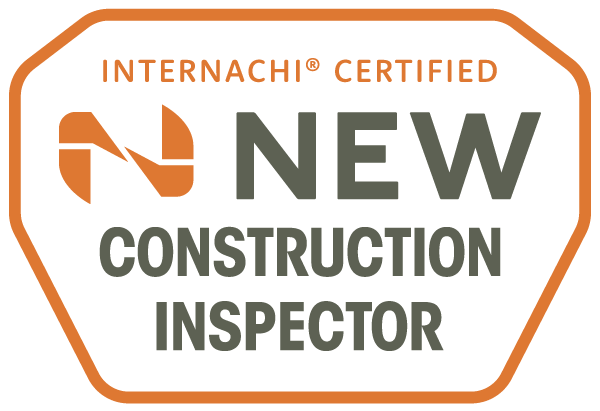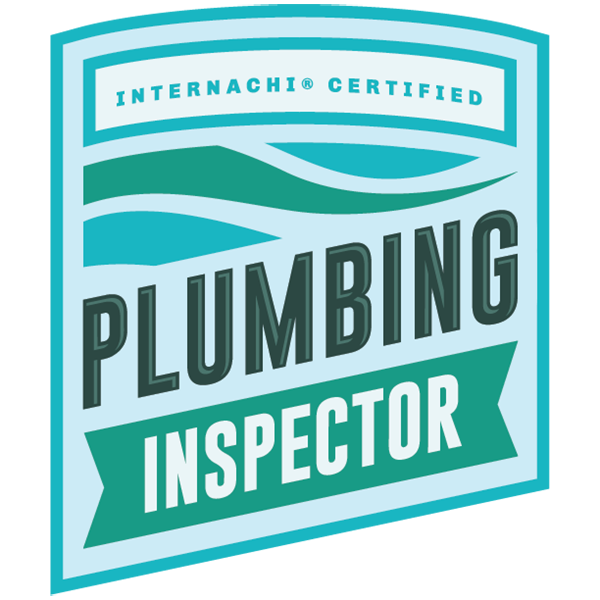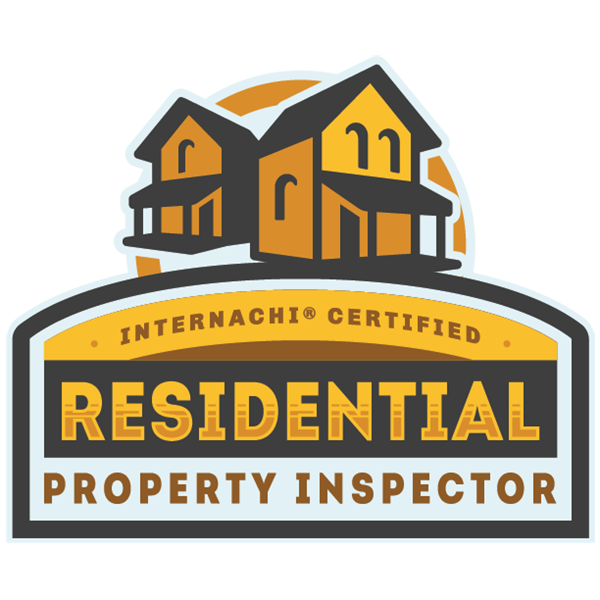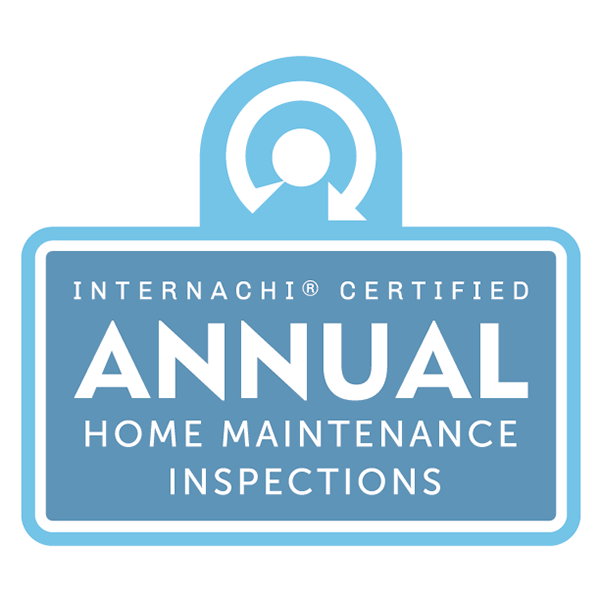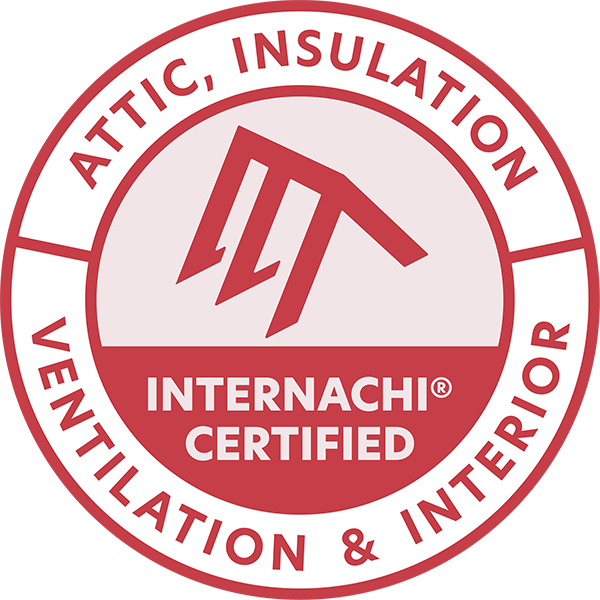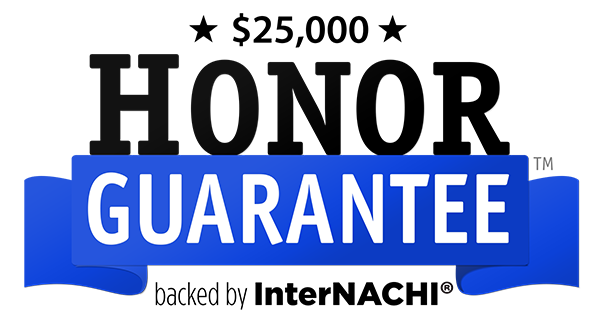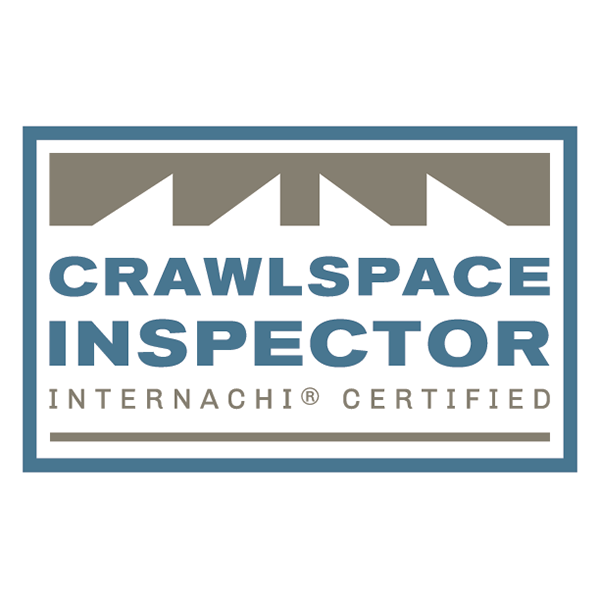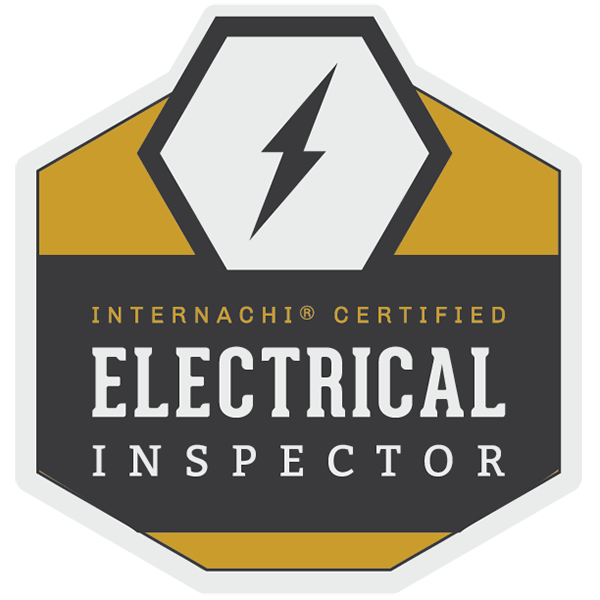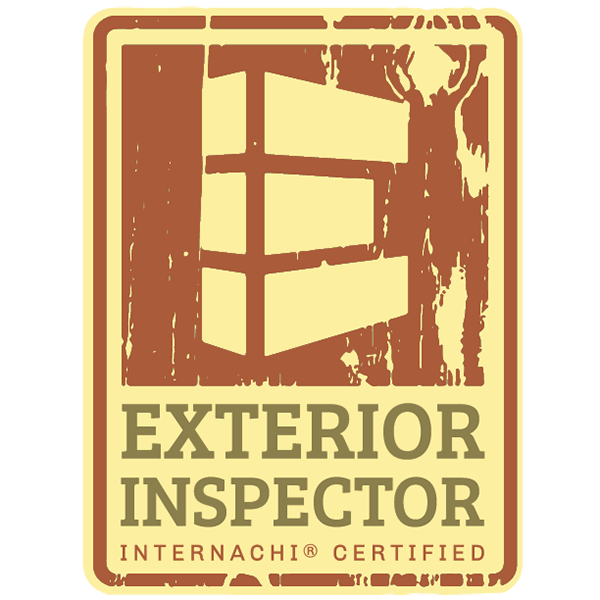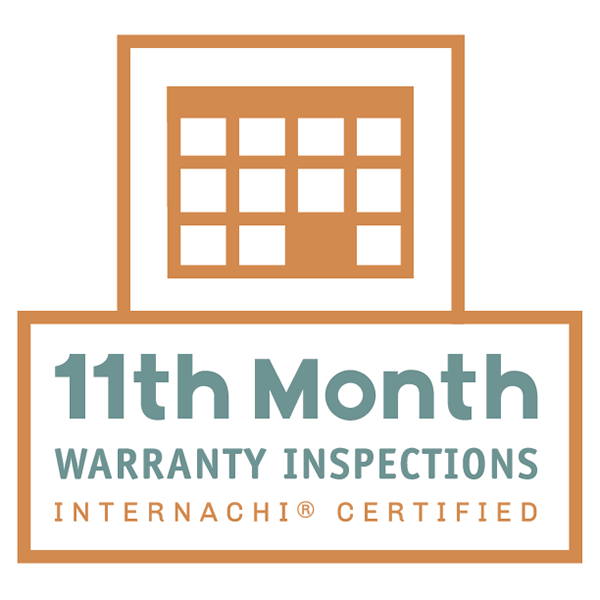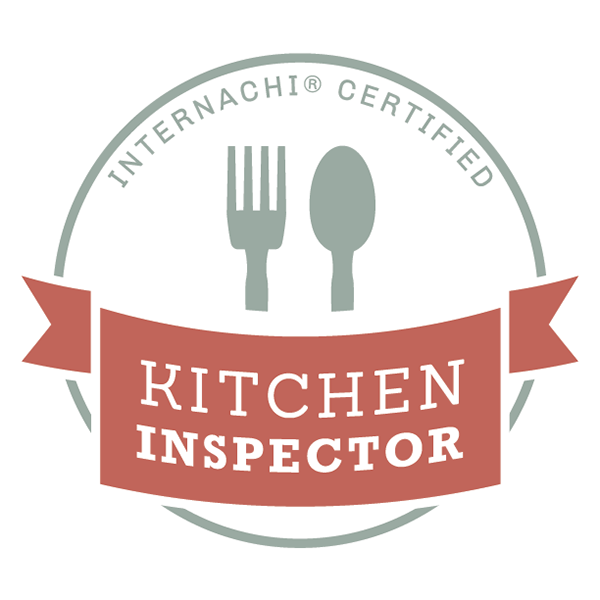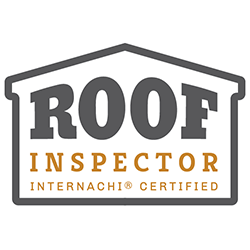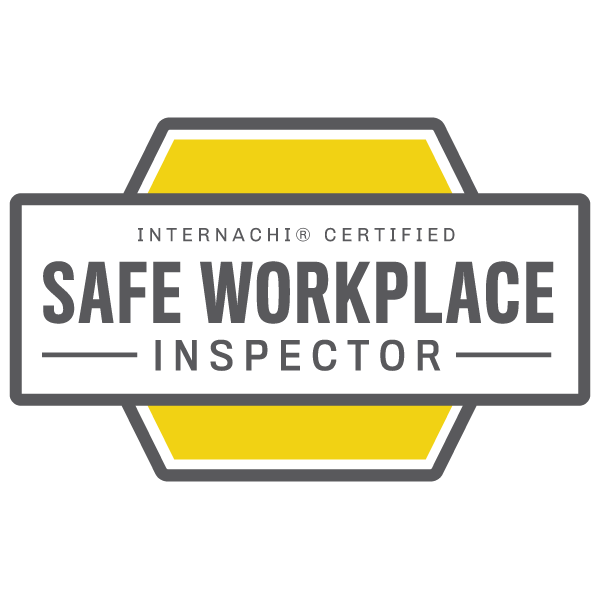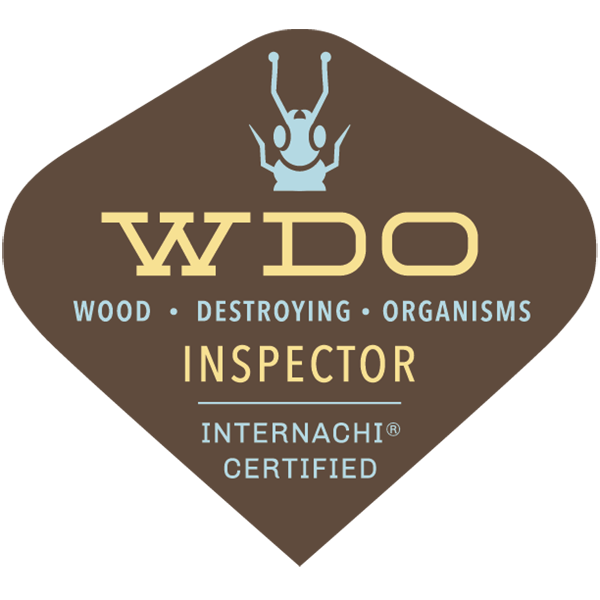August 30, 2024
Owning a home in Florida comes with its unique set of challenges, from the region's humid climate to the risk of hurricanes. If you own an older home in the Sunshine State, one of the most important steps you can take to protect your investment is to schedule a 4-Point Inspection. This type of inspection is essential for ensuring your home is safe, secure, and compliant with insurance requirements. But when is the right time to schedule a 4-Point Inspection? In this guide, we’ll explore the best times and situations for Florida homeowners to get a 4-Point Inspection, and why it’s a critical part of maintaining your property. What Is a 4-Point Inspection? A 4-Point Inspection is a specialized assessment that focuses on four key areas of your home: the roof, electrical system, plumbing, and HVAC (heating, ventilation, and air conditioning) system. Unlike a comprehensive home inspection, which examines all aspects of a property, a 4-Point Inspection zeroes in on these critical systems to ensure they are in good working order and meet safety standards. The Four Key Areas Assessed: Roof: The inspector evaluates the age, condition, and materials of the roof. They look for signs of damage, leaks, or wear that could lead to further issues. Electrical System: The inspection covers the electrical panel, wiring, and other components to ensure they are up to code and safe for use. Plumbing: This part of the inspection checks for leaks, pipe condition, water pressure, and the overall integrity of the plumbing system. HVAC System: The inspector examines the heating and cooling systems, including the age, functionality, and maintenance of the equipment. Why Is a 4-Point Inspection Important? A 4-Point Inspection is particularly important for older homes, as it helps identify potential problems in systems that may have deteriorated over time. Additionally, many insurance companies in Florida require a 4-Point Inspection before issuing or renewing a homeowner’s insurance policy, especially for homes that are 30 years or older. This inspection ensures that the home’s essential systems are safe and reduces the risk of costly claims. When Should You Schedule a 4-Point Inspection? Knowing when to schedule a 4-Point Inspection can save you time, money, and stress. Here are the key times and situations when a 4-Point Inspection is most beneficial for Florida homeowners: 1. When Purchasing an Older Home If you’re in the process of buying an older home in Florida, a 4-Point Inspection should be at the top of your to-do list. Homes that are 30 years or older may have outdated or deteriorating systems that need to be evaluated before purchase. A 4-Point Inspection will give you a clear understanding of the condition of the home’s key systems and help you make an informed decision. If any issues are found, you can negotiate repairs with the seller or adjust the purchase price accordingly. 2. Before Renewing Your Homeowner’s Insurance Policy Many insurance companies in Florida require a 4-Point Inspection before they will renew a homeowner’s insurance policy, especially for older homes. If your home is approaching its 30th anniversary or older, it’s essential to schedule a 4-Point Inspection before your policy renewal date. This ensures that any potential issues are identified and addressed in time to maintain your coverage. Failing to do so could result in higher premiums or, in some cases, a denial of coverage. 3. After Major Renovations or System Upgrades If you’ve recently completed major renovations or upgrades to your home’s roof, electrical, plumbing, or HVAC systems, it’s a good idea to schedule a 4-Point Inspection. This inspection will verify that the work has been done correctly and that the new systems meet safety standards. Additionally, having an up-to-date 4-Point Inspection report can help you qualify for lower insurance premiums, as it demonstrates that your home’s critical systems are in excellent condition. 4. If Your Home Hasn’t Been Inspected in Over 5 Years Even if you’re not facing an insurance renewal or planning to sell your home, it’s wise to schedule a 4-Point Inspection if it hasn’t been done in over five years. Over time, systems can deteriorate, and potential issues may arise that aren’t immediately apparent. Regular inspections can help you catch problems early, allowing you to make necessary repairs before they become costly or lead to more significant damage. 5. When Selling an Older Home If you’re preparing to sell an older home in Florida, scheduling a 4-Point Inspection before listing the property can be a smart move. A clean inspection report can make your home more attractive to potential buyers, as it provides assurance that the key systems are in good condition. If the inspection does reveal issues, addressing them before putting your home on the market can prevent delays in the sale process and help you achieve a better selling price. 6. After Severe Weather Events Florida is no stranger to hurricanes, tropical storms, and other severe weather events. If your home has recently been through a significant storm, it’s a good idea to schedule a 4-Point Inspection. Even if your home appears undamaged, the inspection can uncover hidden issues in the roof, electrical, plumbing, or HVAC systems that need to be addressed. By catching these problems early, you can prevent further damage and ensure your home is safe. How to Prepare for a 4-Point Inspection Preparing your home for a 4-Point Inspection doesn’t have to be complicated, but a little preparation can go a long way in ensuring the process goes smoothly. Here are some tips to help you get ready: 1. Clear Access to Key Areas Make sure the inspector can easily access the roof, electrical panel, plumbing fixtures, and HVAC system. Clear any obstacles or clutter that might prevent the inspector from thoroughly examining these areas. 2. Gather Documentation If you’ve recently had work done on your home’s systems, such as a new roof, electrical upgrades, or plumbing repairs, gather any relevant documentation. Providing this information to the inspector can help them accurately assess the condition of your home’s systems. 3. Fix Minor Issues Before the inspection, take care of any minor repairs you’re aware of, such as leaky faucets, loose electrical outlets, or missing roof shingles. 4. Be Present During the Inspection While it’s not required, being present during the inspection can be beneficial. It allows you to ask questions, gain a better understanding of any issues found, and get immediate feedback from the inspector. The Benefits of Regular 4-Point Inspections Scheduling regular 4-Point Inspections offers several benefits beyond just meeting insurance requirements. Here’s why staying proactive with these inspections is a smart strategy for Florida homeowners: 1. Preventing Costly Repairs Regular inspections can help identify issues before they escalate into major problems. By addressing potential issues early, you can prevent costly repairs and avoid the inconvenience of system failures. 2. Maintaining Home Safety The four systems evaluated in a 4-Point Inspection are critical to your home’s safety. Ensuring that your roof, electrical, plumbing, and HVAC systems are in good working order helps protect your family and property from potential hazards. 3. Increasing Property Value Homes with well-maintained systems are more valuable and appealing to potential buyers. Regular 4-Point Inspections can help you keep your home in top condition, preserving its value over time. 4. Peace of Mind Knowing that your home’s key systems are in good condition provides peace of mind. Whether you’re facing a storm season, planning a sale, or simply enjoying your home, regular inspections ensure that you’re well-prepared for whatever comes your way. Why Choose Groff Inspections for Your 4-Point Inspection? At Groff Inspections, we understand the unique challenges faced by Florida homeowners, especially those with older homes. Our certified inspectors have the experience and expertise to conduct thorough 4-Point Inspections, ensuring that your home’s critical systems are safe, functional, and up to code. Expertise in Florida Homes Our team has extensive experience working with Florida homes, particularly those that are older and may have outdated systems. We know what to look for and how to provide you with an accurate, detailed assessment. Comprehensive Reporting We provide comprehensive inspection reports that are easy to understand. Our reports include clear explanations of any issues found, along with recommendations for repairs or further evaluation. This transparency helps you make informed decisions about your home. Commitment to Customer Satisfaction At Groff Inspections, we’re committed to providing top-notch service to our customers. We’re here to answer any questions you may have before, during, or after the inspection process, and we strive to exceed your expectations every step of the way. The Right Time for a 4-Point Inspection Scheduling a 4-Point Inspection at the right time can save you money, protect your home, and ensure you have the coverage you need from your insurance company. Whether you’re buying, selling, or simply maintaining an older home in Florida, these inspections are an essential tool for safeguarding your property. If you’re ready to schedule a 4-Point Inspection or have questions about how these inspections work, don’t hesitate to contact Groff Inspections. Our experienced team is here to help you navigate the process and ensure your home’s key systems are in excellent condition.




